When I was little, time seemed to go by so slowly. But all of that has changed as I have gotten older. This year, particularly, seems like a blur. This is the sense that we get in today’s readings. Saint Peter says in our second reading today that, “with the Lord one day is like a thousand years and a thousand years like one day.” And he makes the point that if time slips away so quickly, we need to be people who live the Gospel all the time.
In the Gospel reading, the people are longing for newness, and they respond to Saint John the Baptist’s invitation to repent and be baptized. He preaches with urgency, and they responded in faith. We are offered that same invitation by Jesus who longs for us to be reconciled and to come into full relationship with him.
So we then have to acknowledge our sins – personal sins and those in which we participate as a society. And then we have to accept the process of repentance. We can’t keep sinning; we have to repent, literally be sorry for our sins and turn away from them, as we turn back to God. That’s an important Advent message for every time and place.
It genuinely strikes me that, if we’re ever going to get past the bad stuff going on in our nation and our world, if we’re ever going to finally put an end to whatever sadness this world brings us, we have to begin that by putting an end to the wrong that we have done. That’s why reconciliation is so important. What each of us does – right or wrong – affects the rest of us. The grace we put forward when we follow God’s will blesses others. But the sin we set in motion when we turn away from God saddens the whole Body of Christ. We are one in the Body of Christ, and if we are going to keep the body healthy, then each of us has to attend to ourselves.
So today, I am going to ask you to go to confession before Christmas. I don’t do that because I think you’re all horrible people or anything like that. I do that because I know that we all – including me – have failed to be a blessing of faith, hope and love to ourselves and others at some point, and I know that so many people struggle with persistent sins, nasty thorns in the flesh, day in and day out. And God never meant it to be that way. He wants you to experience his love and mercy and forgiveness and healing, and you get that most perfectly in the Sacrament of Penance.
Speaking of confession, here’s one of mine. You may have heard it before, but I think it’s important enough to share again. There was a time in my life that I didn’t go to confession for a long time. I had been raised at a time in the Church when that sacrament was downplayed. It came about from what I came to realize was a really flawed idea of the sacrament and the human person. But the Church has always taught that in the struggle to live for God and be a good person, we will encounter pitfalls along the way. We’ll fail in many ways, and we will need forgiveness and the grace to get back up and move forward. That’s what the Sacrament of Penance is for!
One day, I finally realized that I needed that grace and I returned to the sacrament. The priest welcomed me back, did not pass judgment, and helped me to make a good confession. It was an extremely healing experience for me, and now I make it my business to go to the sacrament as frequently as I can, because I need that healing and mercy and grace. And you do too. So please don’t leave those wonderful gifts unwrapped under the tree. Go to Confession and find out just how much God loves you.
When you do find that out, you’ll be better able to help the rest of the Body of Christ to be the best it can be. When your relationship is right with God, you will help the people around you know God’s love for them too. That kind of grace bursts forth to others all the time.
This year, we have a very short Advent, and that makes it more important than ever to get to the sacrament as soon as you can. Next weekend is the last one before Christmas to go to confession here: there will not be confessions on December 24th or even on the 31st. But next weekend, there are two opportunities. On Saturday the 16th, we have our regular confessions at 2:30. Be sure to come at 2:30 so we don’t miss you. Then the next day, Sunday the 17th, we have our regular “confessionpalooza” where there will be thirteen priests available to hear confessions in English, Spanish, and Polish. That begins shortly after the 12:15 Mass.
If you have been away from the sacrament for a very long time, I want you to come this Advent. Tell the priest you have been away for a while, and expect that he will help you to make a good confession. That’s our job. All you have to do is to acknowledge your sins and then leave them behind, so that Christmas can be that much more beautiful for you and everyone around you. Don’t miss that gift this year: be reconciled.
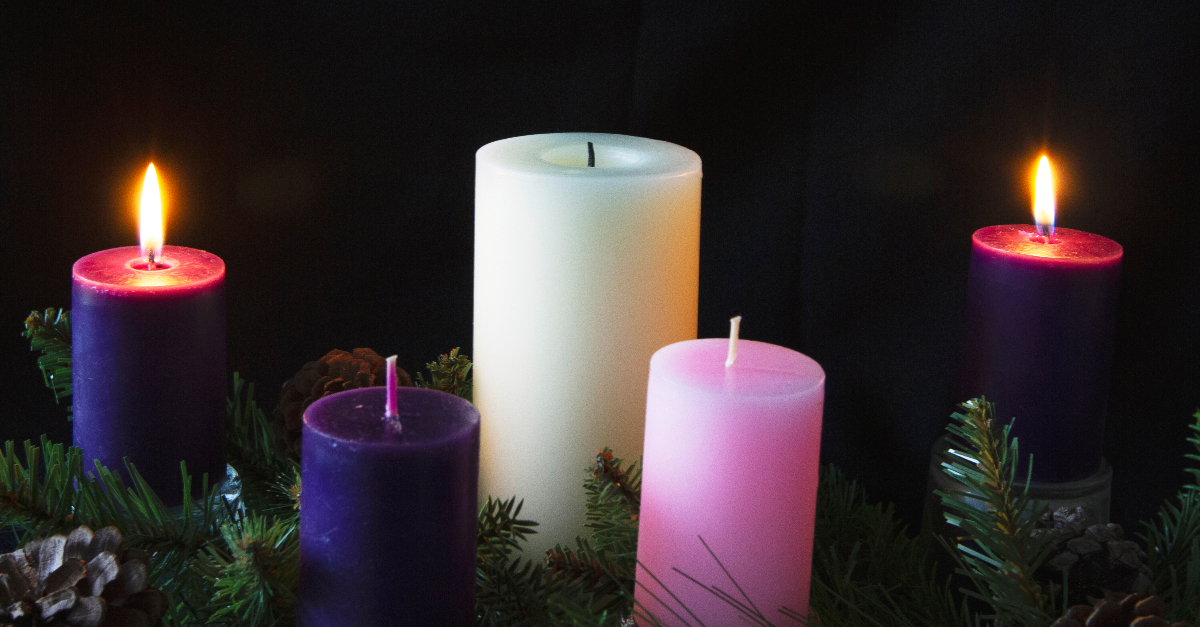
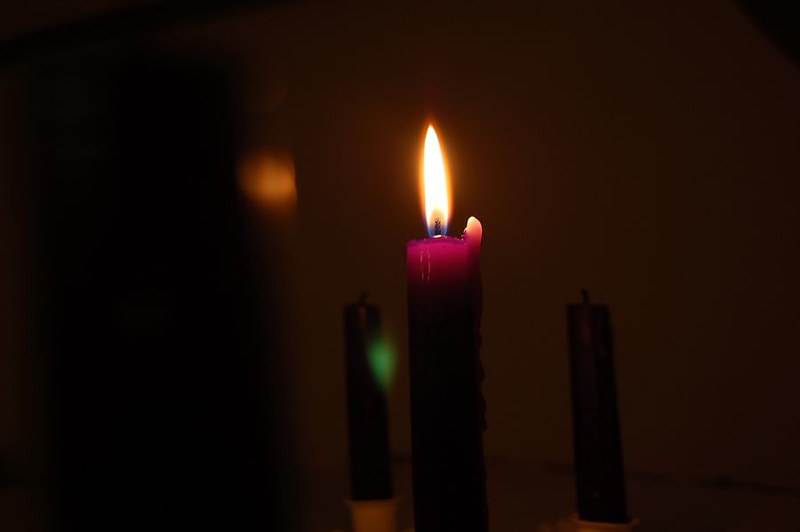
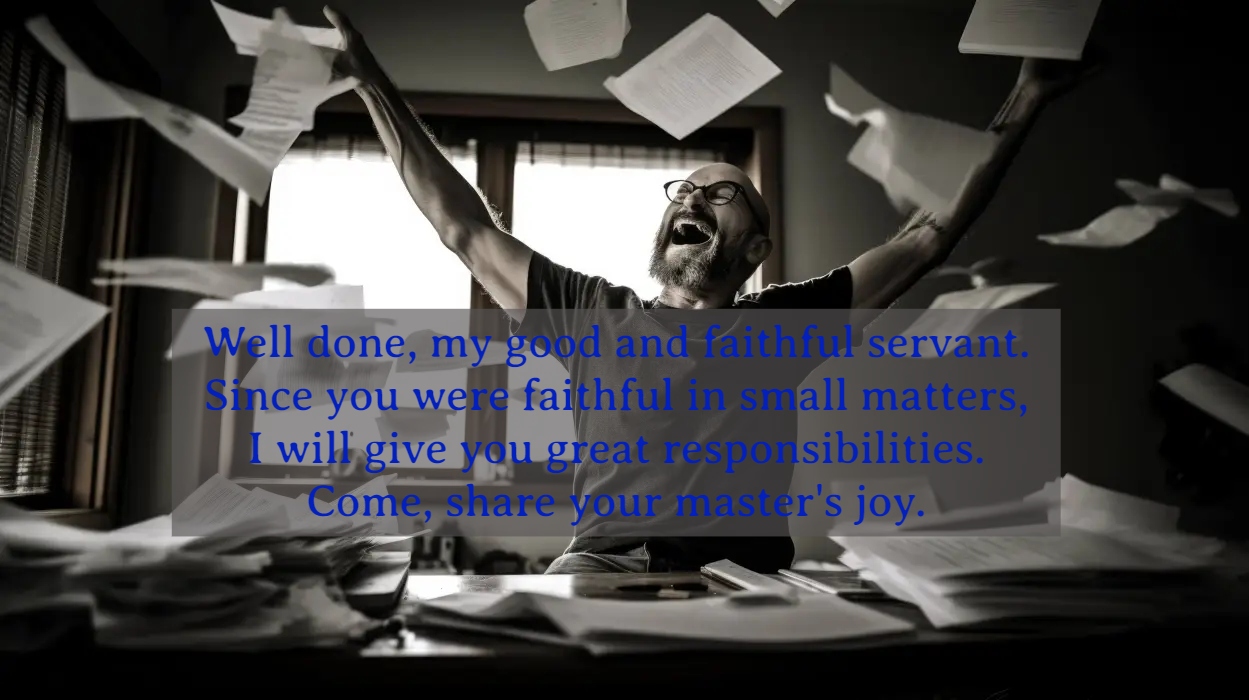

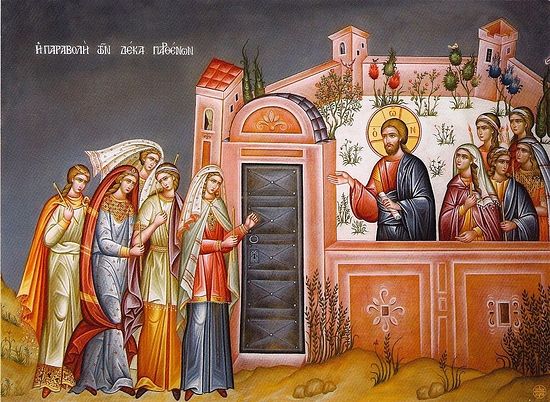
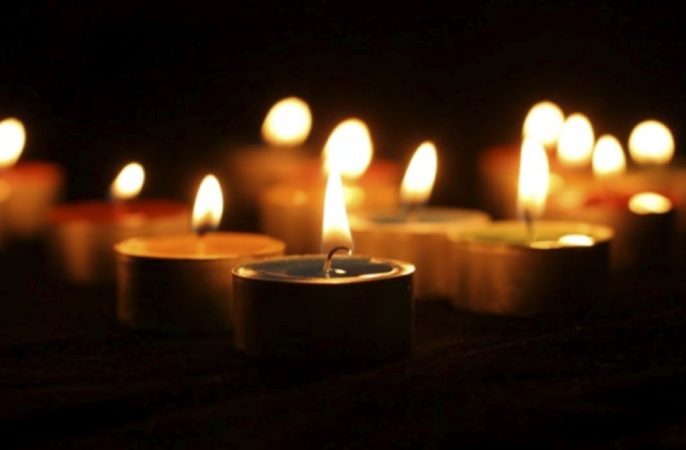
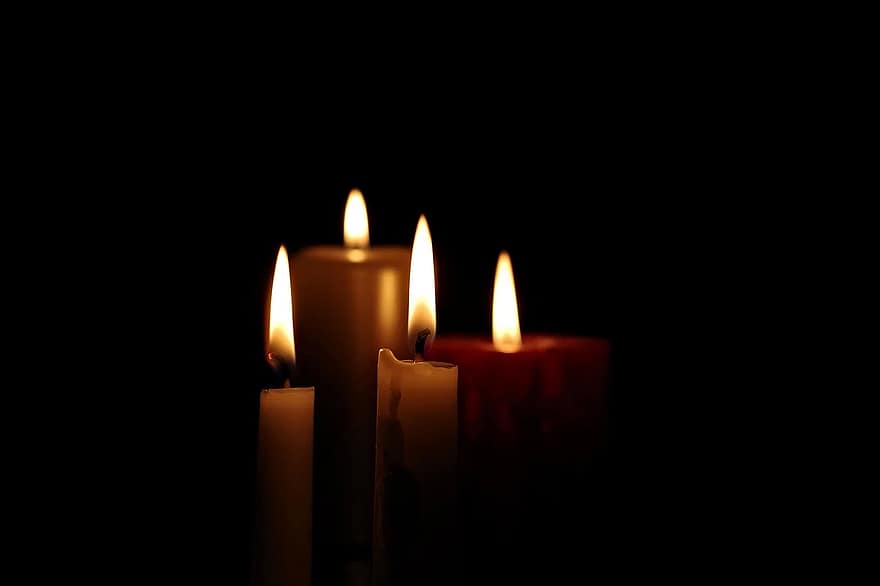
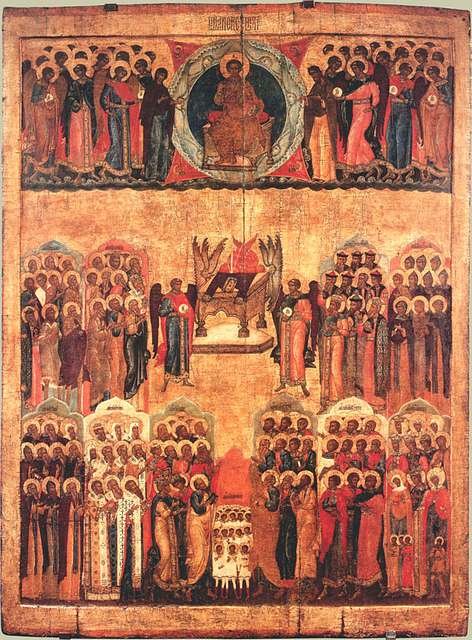

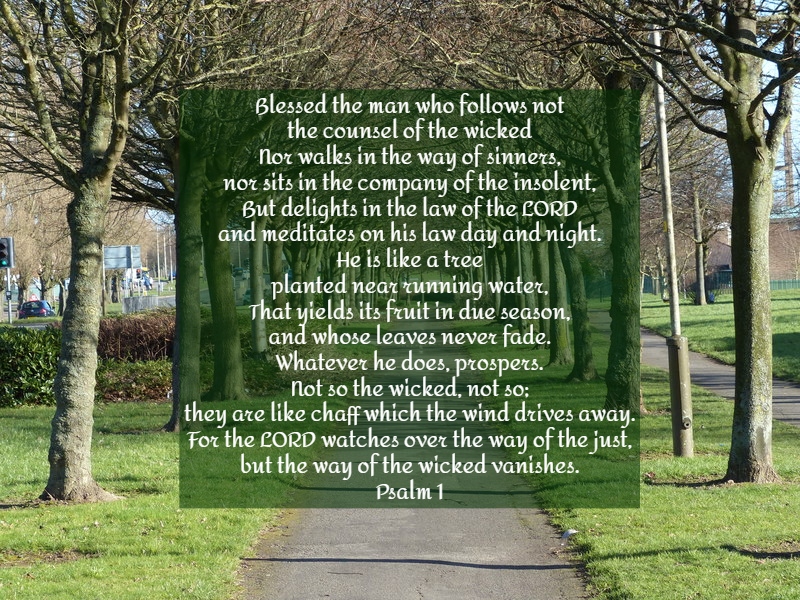
You must be logged in to post a comment.